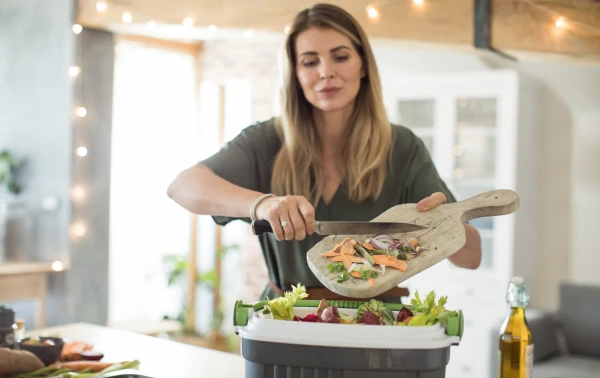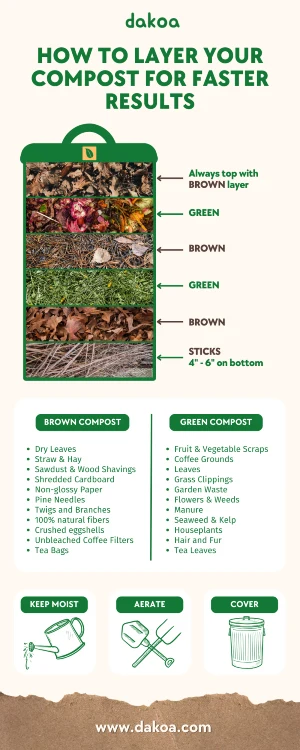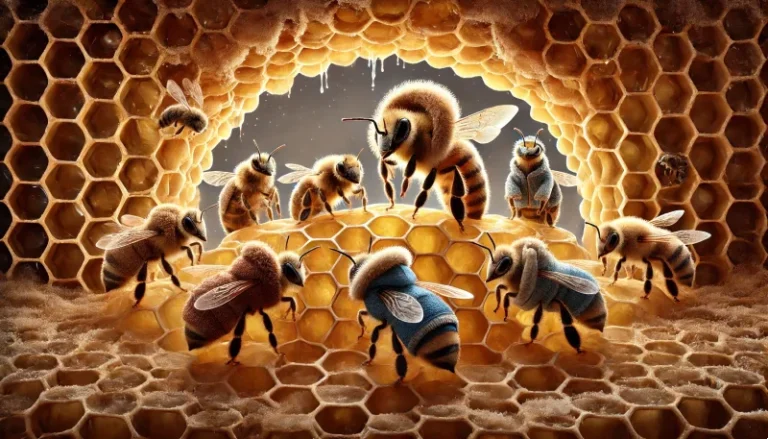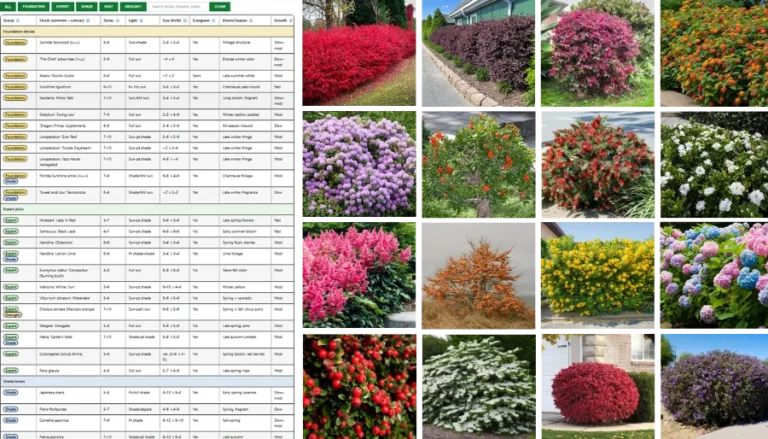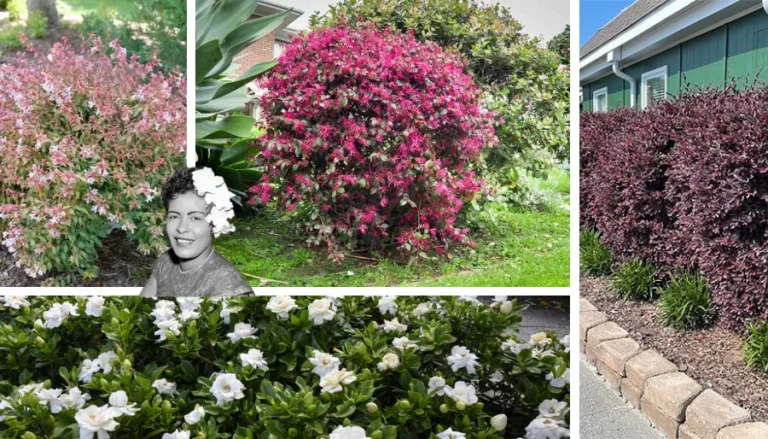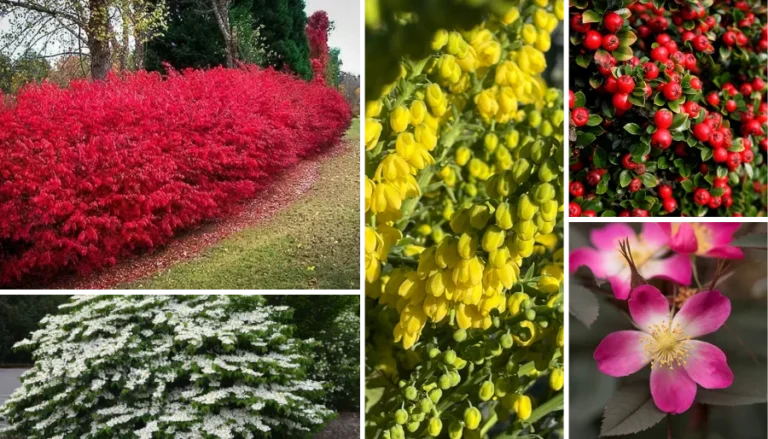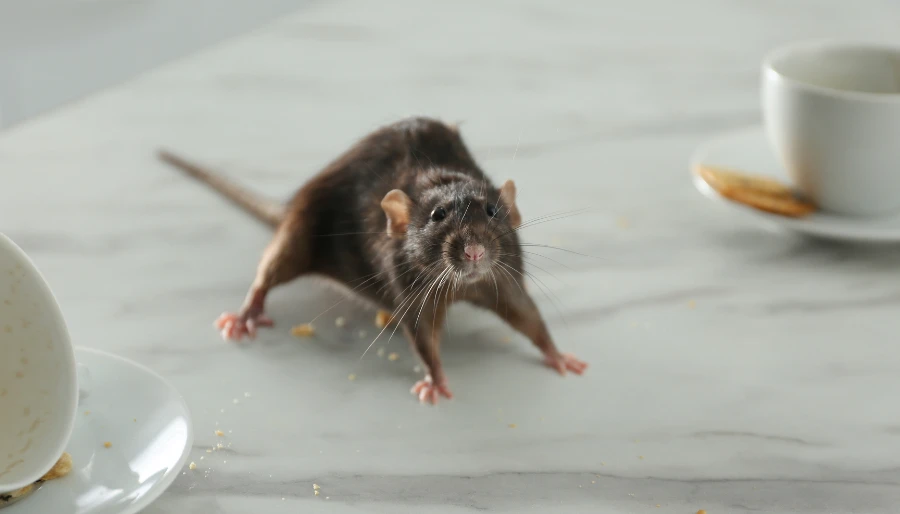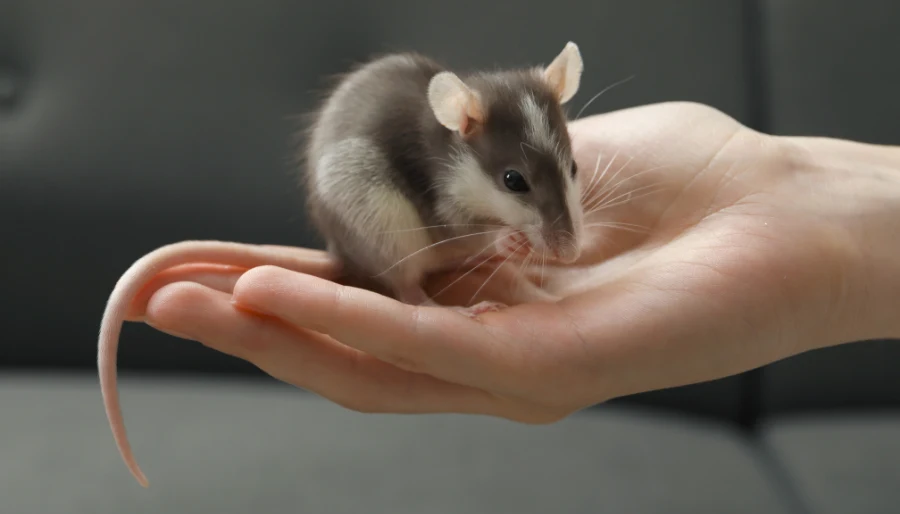Composting—nature’s way of recycling—is like magic for your garden. It transforms food scraps, yard waste, and other organic materials into nutrient-rich, dark, crumbly goodness that plants adore. So, grab your pitchfork and prepare to dive into the delightful world of composting. We’ll share some tips, tricks, and hacks to help you create top-notch compost that will make your garden bloom like never before. Let’s get down and dirty!
8 Ways To Power Up Your Compost
1. Start with the Basics: Feed Me, Seymour!
Composting is all about finding the right balance of ingredients. Just like us, compost needs a varied diet.
Aim for a mix of “browns” (carbon-rich materials like dry leaves, straw, and shredded newspaper) and “greens” (nitrogen-rich stuff like grass clippings, fruit peels, and coffee grounds). Think of it as a compost buffet—everyone loves variety!
2. Size Matters: Chop, Shred, and Rip It Up!
Speed up the composting process by cutting materials into smaller pieces. Chop those garden trimmings, shred those newspaper clippings, and rip up those cardboard or cereal boxes. The smaller the pieces, the quicker they’ll break down. Plus, it’s a great way to release any pent-up frustration!
3. Mix It Up: Stir It Like a Master Chef!
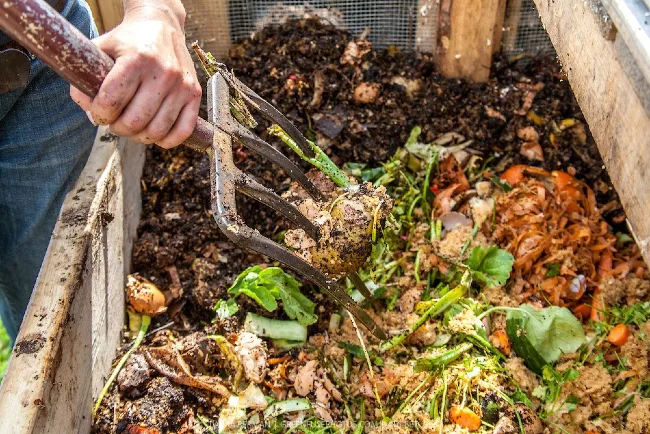
Your compost pile is a living organism, and like any thriving community, it loves a good party. So, give it a little love and mix things up. Turn the pile with a pitchfork or a compost aerator every few weeks. This helps aerate the pile, keeps it balanced, and prevents any funky smells. Give your compost the spa treatment it deserves!
4. Moisture Check: Don't Be a Soggy Bottom!
Compost likes to feel like a well-squeezed sponge—moist, but not dripping wet. If it’s too dry, your compost will resemble a desert. Sprinkle some water and get it moist.
On the other hand, if it’s too wet, it’ll be a swampy mess. Add some dry leaves or shredded paper to absorb the excess moisture. Remember, balance is the key to composting and life!
5. Get Buggy with It: Embrace the Creepy Crawlers!
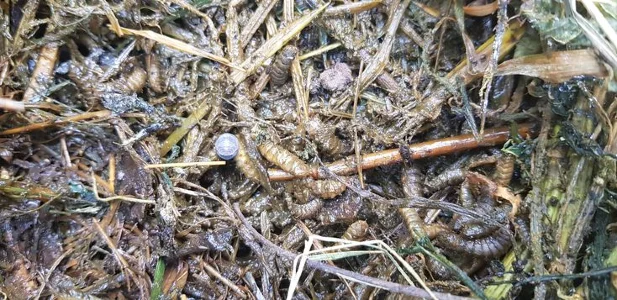
Don’t panic when you spot some wiggly worms or other critters in your compost pile. They are the unsung heroes of decomposition! Worms, beetles, and other insects break down the organic matter, helping to create nutrient-rich humus. They’re like the rockstars of the composting world, so give them a standing ovation!
6. Patience, Young Gardener: Rome Wasn't Built in a Day!
Composting is not a sprint; it’s a marathon. Rome wasn’t built in a day, and neither is your glorious compost.
It takes time, usually a few months to a year, for your compost to fully mature.
So, be patient, keep feeding it, and let nature do its thing. Trust us, the rewards will be worth the wait!
7. Troubleshooting 101: Smelly Compost or a Party for Pests?
If your compost pile smells like a garbage truck on a hot summer day or attracts more critters than a Disney movie, don’t despair. These are signs that your compost needs a little adjustment. Add more browns to balance the moisture and neutralize odors. Avoid tossing meat, dairy, or oily items into your pile to keep unwanted visitors away. Your compost should be a happening party, but without the funky smell!
8. Compost Tea Time: Sip Your Way to Nutrient-Packed Plants!
Treat your plants to a refreshing compost tea. Steep a handful of finished compost in a bucket of water for a few days. Strain out the solids, and voilà! You have a liquid fertilizer that your plants will slurp up happily. Just don’t let them get too tipsy!
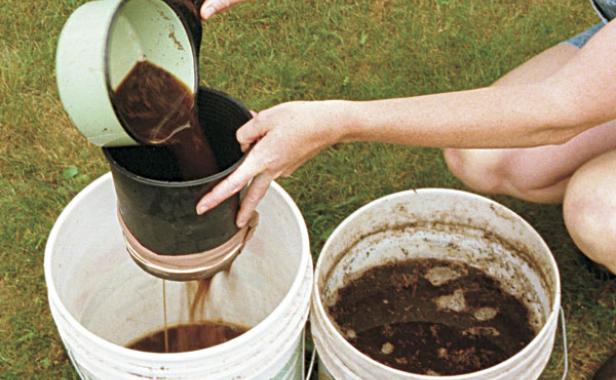
How To Make Compost Tea
Making compost tea is a simple process with the same principles, regardless of the technique used, and shouldn’t take long. Keep it simple by following these pointers:
More To Discover
- Start by immersing high-quality compost in water for a period of time, just as you would a tea bag to make a cup of tea.
- Strain the liquid to remove any solid particles or debris.
- The resulting liquid is your compost tea, rich in nutrients from the compost.
- You can apply the compost tea using a sprayer or a watering can.
- Compost tea serves as an environmentally friendly fertilizer.
Composting is the ultimate backyard adventure, where kitchen scraps and yard waste team up to create garden gold. With a bit of know-how and a pinch of humor, you can master the art of composting.
Remember, composting is a journey, not just a destination. So, roll up your sleeves, get your hands dirty, and let nature work its magic. Your garden will thank you with a burst of vibrant blooms and healthy, happy plants. Happy composting, fellow green thumbs!







